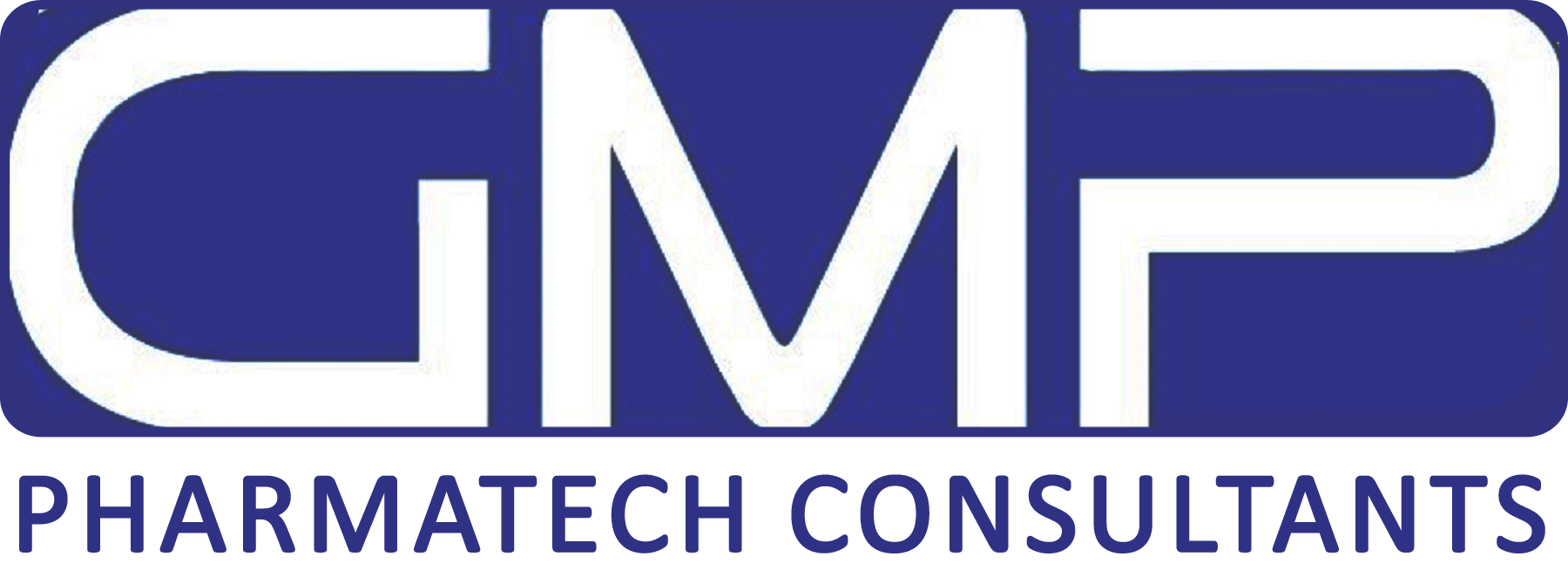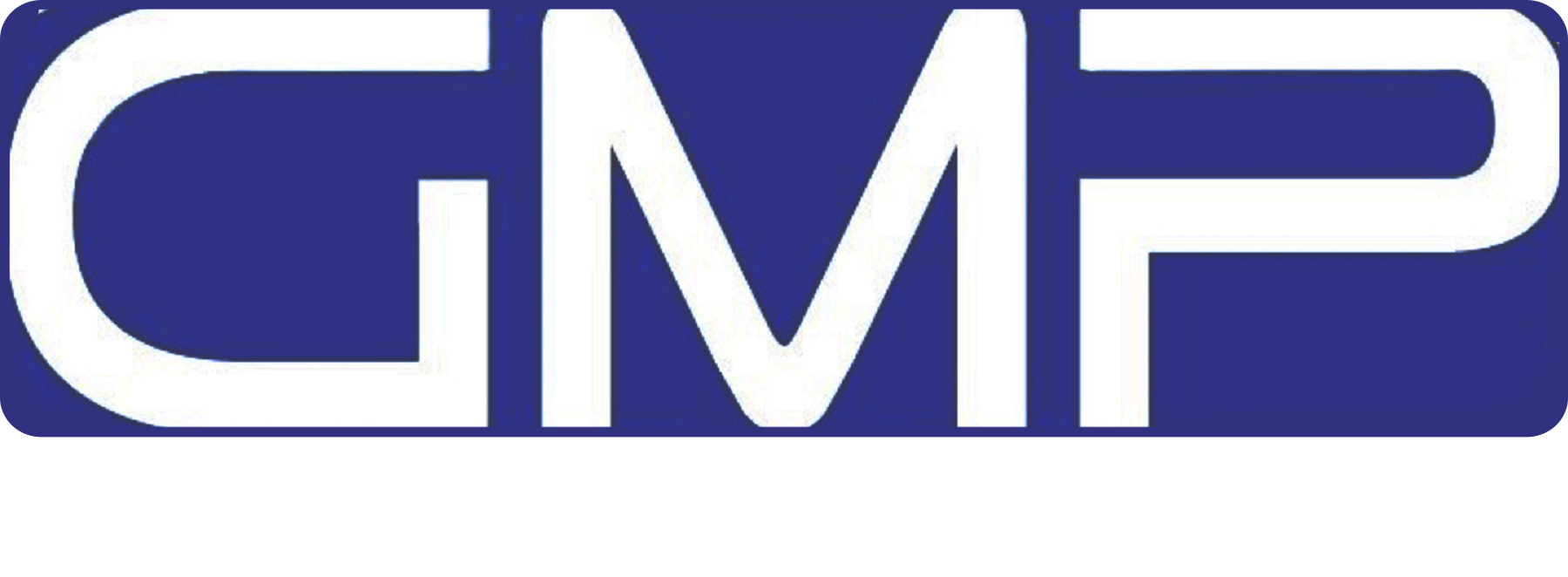k ey Performance Indicators (KPIs) are crucial in a pharmaceutical quality system (PQS) because they help ensure that the organization maintains compliance with regulatory standards, ensures product quality, and continuously improves operational efficiency.


Their importance in a pharmaceutical quality system, especially one aligned with frameworks like ICH Q10, can be highlighted as follows:
KPIs provide measurable data that demonstrate adherence to regulatory guidelines. Common metrics include the monitoring the percentage of batches meeting regulatory specifications, Out-of-Specification (OOS) rates, process yield, and rejection rates etc.
Through KPIs, organizations can proactively identify and mitigate risks in their processes, such as process deviations, errors, or safety incidents. This ties into the risk-based approach promoted by ICH Q10 and other regulatory bodies.
Continuous improvement is a core principle of ICH Q10. One such KPI that drives continuous improvement is monitoring CAPA (Corrective and Preventive Actions) closure times
Process Capability Index (Cpk) allows companies to assess whether a process consistently produces within specifications, improving operational efficiency.
KPIs give management objective data to make informed decisions about quality control, manufacturing, supply chain management, and resource allocation. KPIs can also be applied to the performance of suppliers and contract manufacturers, ensuring that raw materials and outsourced services consistently meet quality standards.
KPIs provide quantifiable evidence of quality control efforts and compliance during regulatory audits and inspections. They are key for demonstrating the effectiveness of the PQS. KPIs like audit findings or compliance rates can be used as evidence of ongoing quality management during inspections by regulatory authorities.
Well-defined KPIs create clear, measurable goals for quality and process improvements, promoting collaboration across departments such as manufacturing, quality assurance, and supply chain. Example: A KPI measuring training effectiveness can ensure that all staff across departments are aligned on quality standards and operational processes.
By tracking KPIs such as cost per unit or waste reduction, pharmaceutical companies can optimize their processes, reduce costs, and improve profitability without compromising product quality. A KPI that monitors waste generated per batch can identify opportunities to minimize material waste, leading to cost savings.
Summary:
In a pharmaceutical quality system, KPIs are indispensable for monitoring performance, ensuring compliance, maintaining product quality, and promoting continuous improvement. They provide the metrics needed to manage risks, enhance efficiency, and guide strategic decision-making, all while maintaining regulatory standards.
Author




